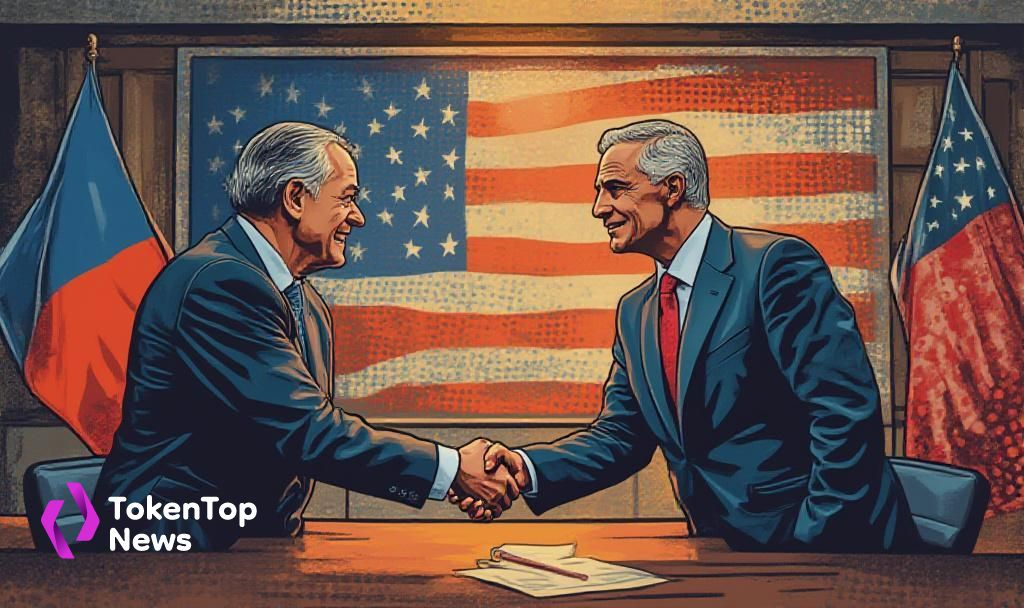EU-US Tariff Negotiations Enter Final Stage: Potential Crypto Market Impacts
- The EU and US are in final tariff talks.
- Potential market disruptions loom if unresolved.
- Trade relations could significantly impact EU economy.

Friedrich Merz, German Chancellor, confirmed ongoing negotiations with US President Donald Trump and EU President Ursula von der Leyen over proposed tariffs, which are set to begin August 1.
The talks are crucial as they affect the transatlantic trade balance and economic stability. Potential retaliatory measures by the EU have prompted market attentiveness.
The tariff negotiations led by Friedrich Merz have intensified with the August 1 deadline. He emphasized that the EU is prepared to enact countermeasures if necessary. Ursula von der Leyen echoed the preference for a negotiated solution over retaliatory actions.
“We have always been very clear that we prefer a negotiated solution. This remains the case, and we will use the time that we have now till the 1st of August… We’ve prepared for this, and we can respond with countermeasures if necessary.” – Ursula von der Leyen, European Commission President
Donald Trump’s announcement of a 30% tariff has heightened tensions, necessitating swift resolutions from both sides. The looming tariffs could impact billions in trade, and their economic implications are already influencing EU markets, adding to the urgency of these diplomatic engagements.
Industries with close US-EU ties face imminent disruptions if solutions aren’t achieved soon. Financial markets may experience volatility as both sides prepare for possible trade adjustments. Investors are bracing for the economic impacts as analysts predict a potential decline in German growth rates. Historically, trade tensions have spurred crypto inflows, suggesting a possible rise in BTC and ETH demand. Additionally, shifts in stablecoin flows might occur as markets anticipate volatility, reflecting the interconnected nature of global finance and cryptocurrency ecosystems.
Trade policies and tariffs have been historically significant in influencing global markets. In past events, such as the 2018 tariffs, equity markets experienced significant fluctuations. Current negotiations will require careful monitoring as potential escalations may influence crypto assets similarly. The intersection of political decisions and financial market responses remains pivotal in shaping economic forecasts worldwide.



